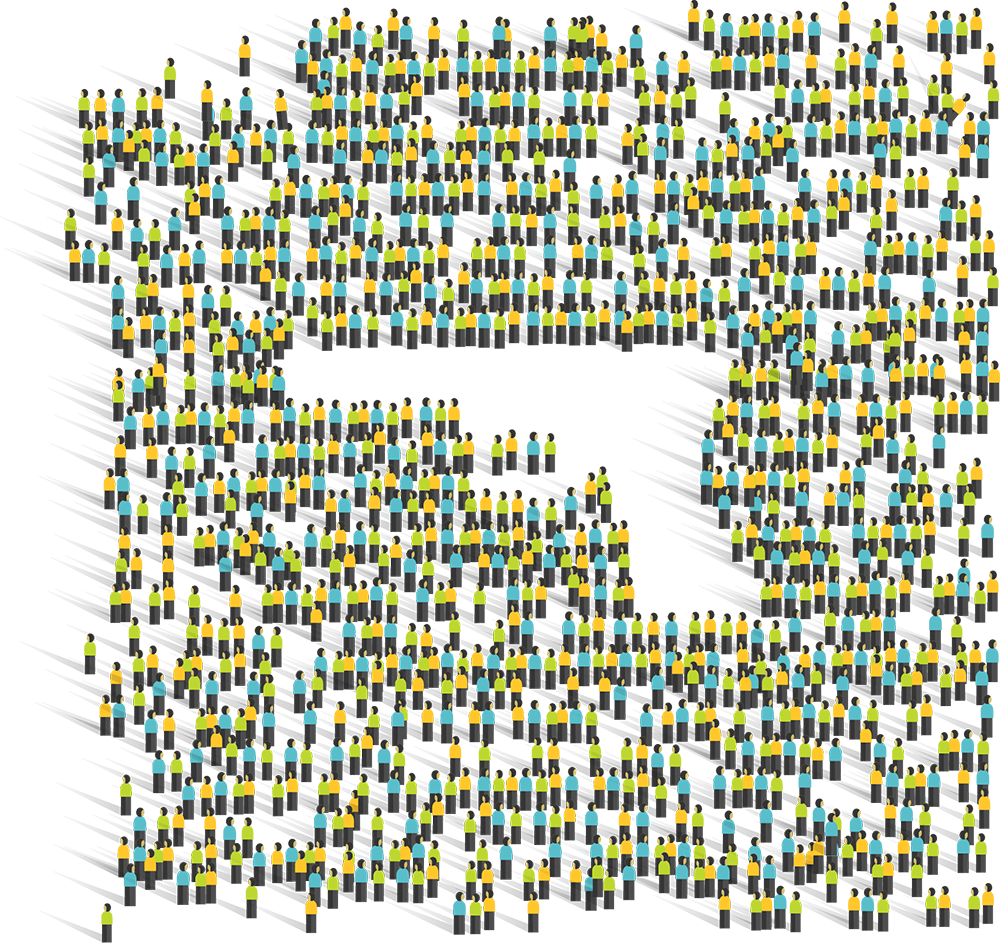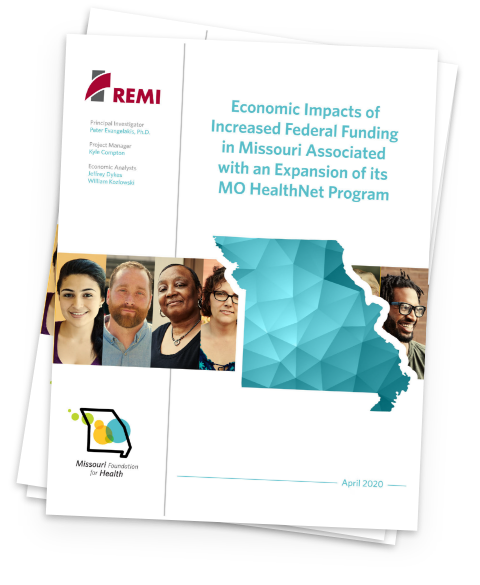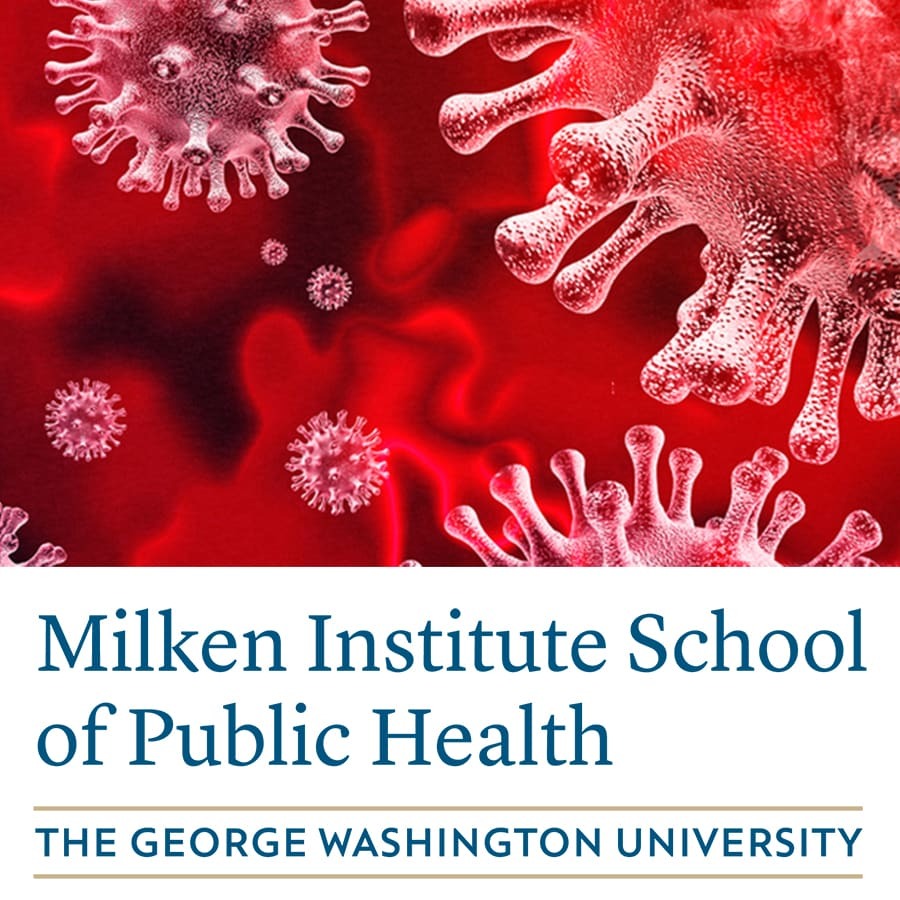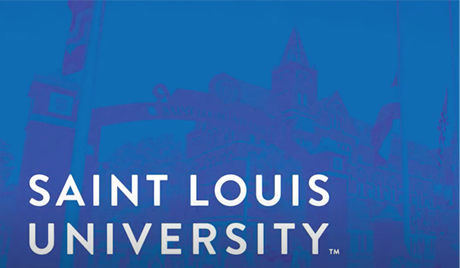Learning as a
Changemaking Tool
What do we mean when we say we’re a learning organization? In the context of changemaking at the systems level, it means we root our actions in understanding. We constantly seek answers to questions such as: What drives health inequities in Missouri? What are best practices for eliminating those drivers? What can we learn from policy and program innovations? And how can evidence help us work smarter and deliver more impact for Missourians? These questions and more are what we aim to better understand as we work to solve health problems in our communities.
Research and learning are embedded in all that we do as a Foundation. They inform our work in the initial phases and throughout the life of our strategic initiatives. We rely on research as we seek to become more familiar with what’s happening in the field and to assess where gaps may exist on a particular topic.

With an issue like firearm violence, for example, our use of research has been significant in guiding the direction of this work. With not much data to pull from, there were many unknowns but plenty of opportunities to learn about firearm violence in Missouri. We joined with the National Collaborative on Gun Violence Research to support Missouri-specific studies to get a more in-depth understanding of its causes and viable solutions for making communities safer throughout our state. Though early still, this research has already enhanced our perspective and helped us develop data-driven strategies for continued learning. Furthermore, it adds to the growing evidence base in the field, benefitting policymakers and organizations working on this issue in Missouri and around the country.

Another great example of how research fuels impact occurred in 2020. An MFH-sponsored report contributed to one of the most important health advancements in recent memory — Medicaid expansion in Missouri. As a result of this system-level change, over 200,000 residents will soon become eligible to receive life-saving access to health care. The Regional Economic Models, Inc. (REMI) report, which provided a fuller picture of the benefits of expanding Medicaid, served as a credible resource during the summer of 2020 when efforts to educate voters about the advantages of the program were in full force. In the final push to bolster Medicaid expansion efforts, the report was cited extensively by civic leaders, media, health experts, business executives, and grassroots coalitions. This resulted in a huge win for Missouri! As the expansion rolls out in 2021 and beyond, MFH continues to support critical research that will help guide its smooth implementation and document its impact on health equity in the state.

While Medicaid expansion brought elation to many this past year, 2020 brought tremendous hardship and adversity as well. The COVID-19 pandemic has been a challenge like no other — but crisis also brought us opportunity to learn. MFH’s commitment to learning has been central to our COVID-19 response throughout 2020 and will continue as long as COVID remains a threat. Missouri’s public health system was poorly prepared to respond to the pandemic. Understanding why this is the case is the first step toward developing strategies to strengthen it. In conjunction with researchers at George Washington University Milken Institute School of Public Health, MFH has commissioned several case studies both within the state and comparing Missouri to other states. This research will assess frailties and strengths of the system, resulting in recommendations for how the system can be transformed and made more equitable and resilient to future crises.

MFH has also partnered with researchers at Saint Louis University’s Institute for Healing Justice and Equity to diagnose how structural racism and other forms of social inequity have exacerbated the pandemic in St. Louis and the Bootheel. The SLU project will also identify solutions that most-affected communities are generating to mitigate COVID inequities now and prevent similar health injustices in the future.
There are many more examples of how learning spurs transformation across the many topics on which we work. It is impossible to touch on them all, and we encourage you to watch our website for new and exciting developments in 2021.
